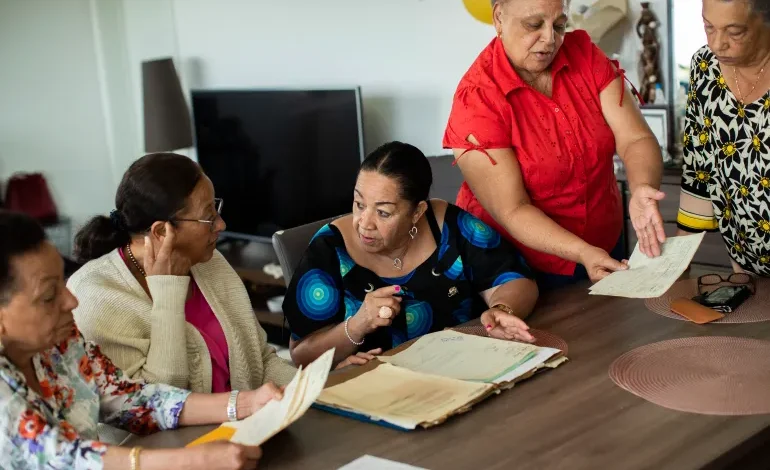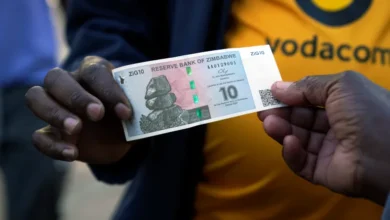Crime against humanity: Why has a court found Belgium guilty of kidnapping?

A court has ordered Belgium to pay millions of dollars in compensation to five mixed-race women who were forcibly taken from their homes in the Belgian Congo as children, under a colonial-era practice that judges said was a “crime against humanity”.
The landmark ruling on Monday by the Brussels Court of Appeal came after years of legal battle by the aggrieved women. It sets a historic precedent for state-sanctioned abductions that saw thousands of children kidnapped from today’s Democratic Republic of the Congo because of their racial makeup.
An earlier ruling from a lower court in 2021 rejected the women’s claims.
However, the Appeals court on Monday ordered the Belgian state to “compensate the appellants for the moral damage resulting from the loss of their connection to their mothers and the damage to their identity and their connection to their original environment”. The five women will receive 250,000 euros ($267,000) combined.
Monique Bitu Bingi (71), one of the women who brought the case in 2020, told Al Jazeera she was satisfied with the ruling.“I am very happy that justice has finally been delivered to us,” she said. ” And I’m happy that this was termed a crime against humanity.”
Why were the women kidnapped?
The five plaintiffs, including Bitu Bingi, were among an estimated 5,000 to 20,000 mixed-race children who were snatched from their mothers in the former Belgian Congo (today’s Democratic Republic of the Congo) and forcibly taken to faraway cities, or, in some cases, shipped to Belgium for adoption.
Following the violent rule of King Leopold II, which resulted in the deaths and mutilations of millions of Congolese, the Belgian state took over the occupation and continued to operate an immensely exploitative system over the colony between 1908 and 1960.
Belgium also controlled the then Ruanda-Urundi, or today’s Rwanda and Burundi, where hundreds, if not thousands of bi-racial children were also taken.
Now called Metis, a French term meaning ‘mixed’, the children were kidnapped between 1948 and 1961, in the lead-up to Congo’s independence.
Belgian colonial authorities believed that bi-racial children threatened the white supremacy narrative they had continually pushed and that they used to justify colonialism, experts say.
“They were feared because their mere existence was shaking the very foundations of this racial theory that was at the core of the colonial project,” Delphine Lauwers, an archivist and historian at the State Archives of Belgium told Al Jazeera.










